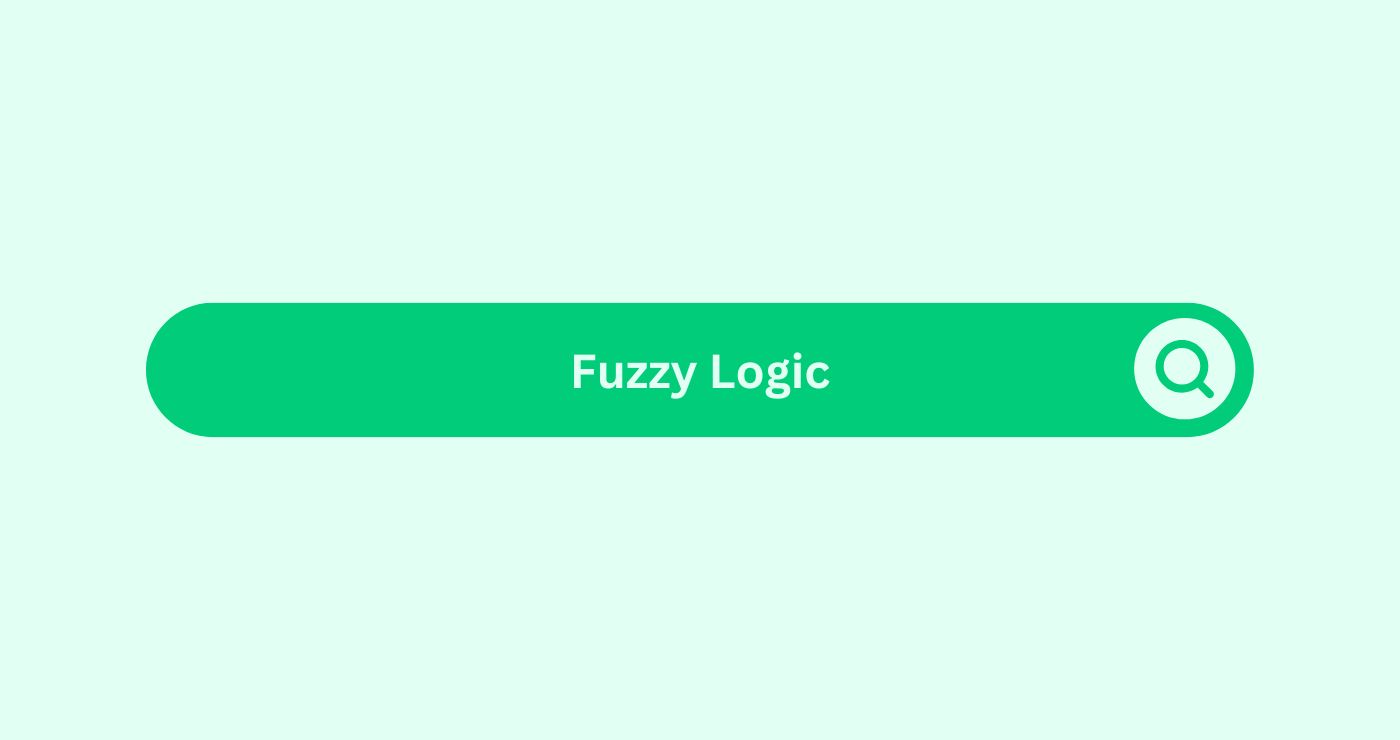Defintion
What is Fuzzy Logic in AI Terms in Content MarketingDefinition Content marketing strategically creates and share...?
Fuzzy Logic in content marketingDefinition Content marketing strategically creates and share... refers to a form of reasoning that allows algorithms to handle imprecise or ambiguous data instead of binary yes/no values. Unlike traditional logic that classifies input strictly as true or false, Fuzzy Logic enables decisions based on degrees of relevanceDefinition In SEO, relevance refers to the degree to which a... or probability.
This flexibility is valuable for a Performance marketing agency when analysing human behaviour, where engagementDefinition Engagement in content marketing refers to the deg... isn’t always clear-cut. A user reading half a blog post or scrolling 60% through a page may still be highly engaged. For an SEO Company, Fuzzy Logic helps prioritise content updates by calculating intent-weighted behaviour rather than simple bounce rates. Teams in Digital marketing Auckland apply it to interpret vague search queries and match content that closely fits user interest—even if phrasing isn’t exact.
By understanding uncertainty, Fuzzy Logic allows marketers to deliver more accurate, adaptive and context-aware campaigns.
Real-World Example
A Performance marketing agency notices users spending varying amounts of time on different pages, but traditional analyticsDefinition In SEO, analytics involves collecting, measuring,... classifies most as bounces. Using Fuzzy Logic, they assign weighted engagementDefinition Engagement in content marketing refers to the deg... values based on scroll depthDefinition Scroll depth, in the context of SEO, measures how..., time on screen, and click behaviour.
For instance, a session with 58% scroll, 1.9 minutes on page, and no form submission still gets a “medium-high intent” score. The system tags that content as worthy of optimisation, not rejection. The agency refines its email campaignDefinition A company sends a coordinated set of individual e... with personalised snippetsDefinition In email marketing, small, reusable blocks of con... based on this intent level—and sees a 27% lift in click-throughs.
Technical Breakdown & Formula
Here’s how marketers use Fuzzy Logic to classify user intent beyond binary tracking:
| Engagement MetricDefinition Engagement Metric is a crucial SEO metric used to... | Value Measured | Degree of Intent Score |
|---|---|---|
| Scroll DepthDefinition Scroll depth, in the context of SEO, measures how... | 0–100% | Low to High |
| Time on PageDefinition In the realm of SEO, time on page refers to the a... | 0–5+ minutes | Weak to Strong |
| CTA Interaction | None, Hover, Click | Minimal to High |
| Session Recurrence | One-time to Frequent | Low to Loyal |
| Search Match Quality | Exact to Partial Match | Narrow to Broad Intent |
Final output = Weighted average of intent levels
For example, (0.6 Scroll + 0.8 Time + 0.3 Click) ÷ 3 = 0.56 → Moderate Interest
Digital marketing Auckland teams use this to re-rank blog content or restructure site journeys for mixed-behaviour audiences.
Key Takeaways
- Fuzzy Logic evaluates uncertain user actions with greater precision.
- It enables marketers to work beyond binary analyticsDefinition In SEO, analytics involves collecting, measuring,....
- SEO Companies gain insights from partial user interactions.
- Campaigns become more responsive to varying user intent.
- It improves targeting for vague or long-tail keyword searches.
FAQs
What does Fuzzy Logic in AI Terms in Content Marketing solve that traditional tracking can't?
It interprets partial engagementDefinition Engagement in content marketing refers to the deg... or ambiguous actions to support smarter decisions.
Can Fuzzy Logic in AI Terms in Content Marketing improve SEO performance?
Yes, it adjusts optimisation efforts based on user intent levels, not just bounce or click rates.
How do Performance marketing agencies use Fuzzy Logic in AI Terms in Content Marketing?
They refine campaignDefinition An SEO campaign involves focused, Organised effor... targeting by analysing user patterns that don’t meet conventional success metricsWhat are Metrics in the context of SEO? Metrics in SEO refer....
Is Fuzzy Logic in AI Terms in Content Marketing difficult to implement?
Not anymore. Most analyticsDefinition In SEO, analytics involves collecting, measuring,... tools now support fuzzy inference through engagementDefinition Engagement in content marketing refers to the deg... scoring models.
Does Fuzzy Logic in AI Terms in Content Marketing work with voice search?
Yes. It helps interpret vague or partial queries for improved content delivery in spoken formatsDefinition In the SEO space, "formats" refer to the various ....




